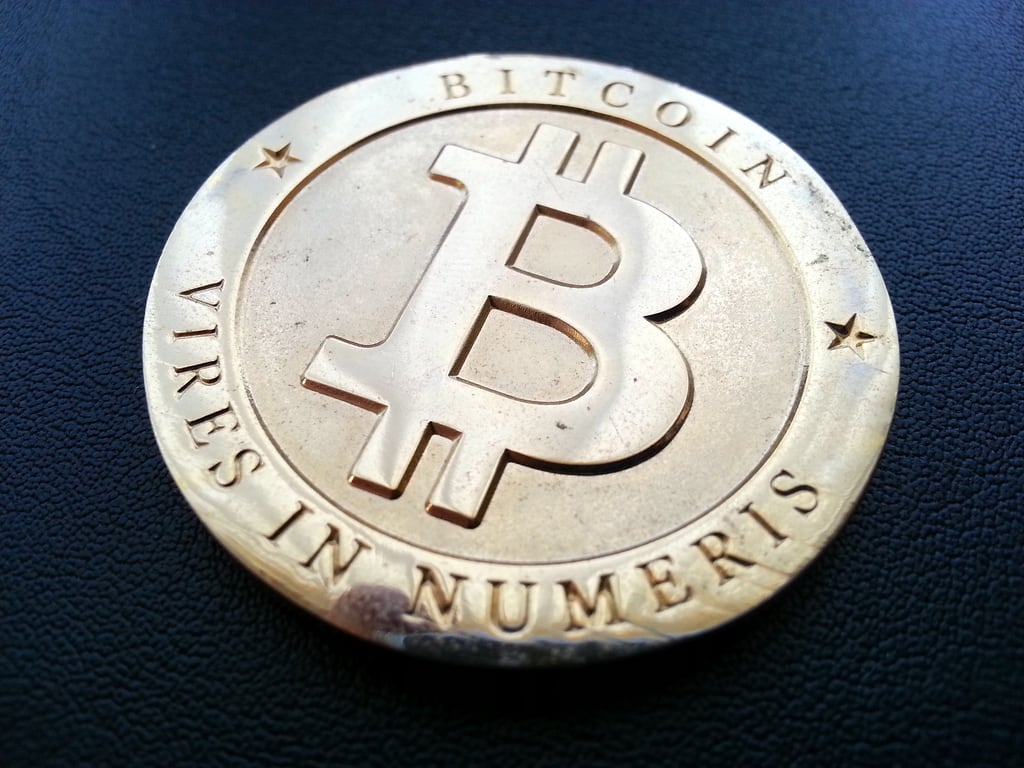
Santander Bank, one of the largest financial institutions in Europe, is reportedly commissioning a study on how peer-to-peer decentralized digital currency bitcoin and others will impact the conventional banking industry. The study, which was first reported by HashReport, has been a common trend among banks since bitcoin attempts to compete against the monetary giants of today.
The $5,000 report will be compiled on the Yegii, a platform created by MIT Sloan School of Management professor and senior lecturer Trond Undheim, who will author the report. Its main objective is to gather various skeptics, enthusiasts and industry experts to analyze and examine the effects that bitcoin and other virtual currencies could have on banks and then produce a strategy to counter these potential threats.
According to the news report, the study was first initiated by Julio Faura, head of corporate development at Santander, who is looking to garner an external perspective on bitcoin, though he is still acquiring the internal services from major consulting firms. Essentially, a bitcoin expert, data engineer, banker, academic and student will qualify as part of the “dream team.”
The study will start with three stages. The first phase pegs the question: “How would you approach the question of the impact of bitcoin on banks?” This has a scheduled deadline of Aug. 27. The second stage, which ends Sept. 10, is the refinement period. The final stage is with the final report due Sept. 20.
“This challenge is both an opportunity for Bitcoiners to express their viewpoints and acquire the support of a major multinational bank that is very forward thinking,” Undheim said in a statement. “While the Bitcoin community has progressively been taken more seriously over the past year, this is the chance to gleam insight into the possibility of banks adopting it as a mode of transaction.”
Santander Bank was founded in Spain in 1857. The bank is No. 43 on Forbes’ list of world’s 2000 largest companies. As of this date, it’s ahead of Goldman Sachs, Google and Ford Motor Company.
Previous banks, governments and central banks have published reports highlighting the benefits and drawbacks the cryptocurrency market would have on traditional financial institutions. For instance, the World Bank released a report that concluded the digital currency is a “naturally occurring” ponzi scheme.
“The problem stems from the fact that we can have what Robert Shiller calls ‘naturally occurring Ponzis’, that is, financial bubbles that form without the manipulator’s baton but from finished natural market forces and with one person’s expectations feeding into another’s,” wrote Kaushik Basu, World Bank economist and author of the report entitled “Ponzis: The Science and Mystique of a Class of Financial Frauds.”
At the time of this writing, bitcoin is trading at $510.s







